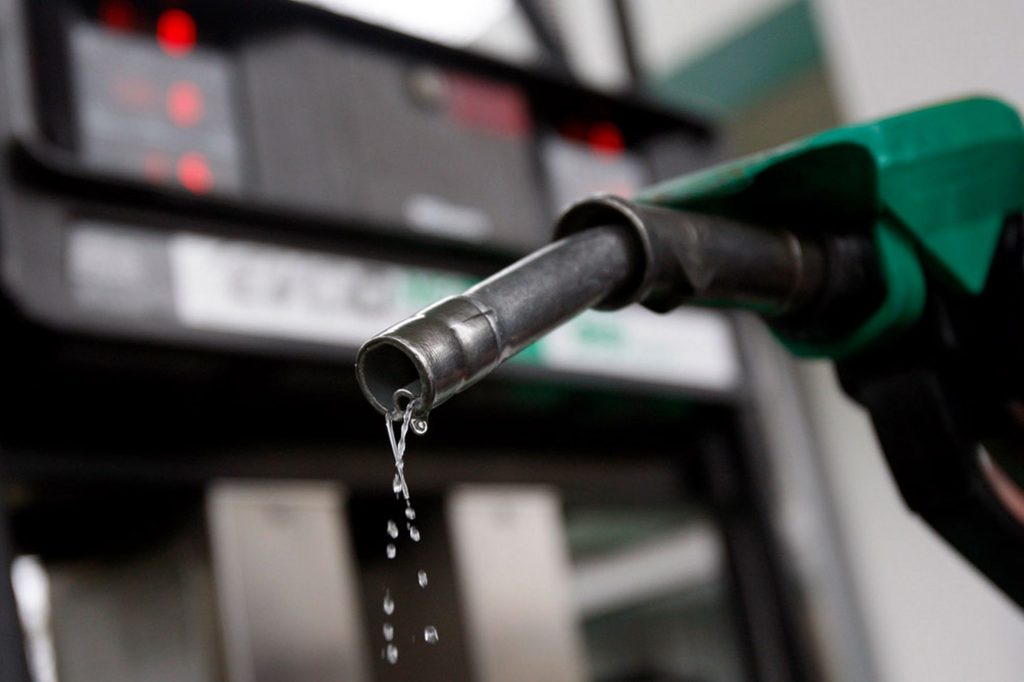Marketers have attributed the ongoing scarcity of Premium Motor Spirit (PMS), commonly known as petrol, in major Nigerian cities to the unavailability of the commodity at depots.
Despite assurances from the Nigerian National Petroleum Company Limited (NNPCL) that the situation has been addressed, queues have reappeared at fuel stations in cities like Lagos and Abuja.
This has led to an increase in black market activities where prices reach as high as N1,200 to 2,000 per litre in some areas.
NNPC spokesman Olufemi Soneye had mentioned in a statement on Thursday that logistical issues were responsible for the tight supply of PMS in certain areas, adding that it had been resolved.
However, the Chairman of the Independent Petroleum Marketers’ Association of Nigeria (IPMAN) in Ejigbo, Lagos, Akinrinade Akinade, maintains that most depots in Lagos have limited or zero supplies, contributing to the persistent scarcity.
“I believe it is a general problem as most depots have run out of stock. Speaking of IPMAN, we don’t have fuel anywhere. We don’t have anywhere to load.
“If there is no stock, there is no stock. If there is stock, people will load. I don’t think it is because of any plan to reduce prices,” he stated.
The scarcity has disrupted economic activities nationwide as Nigerians endure long queues at filling stations.
Industry leaders like PETROAN boss Billy Gillis-Harry have stressed that until products are delivered and payment is processed, they cannot guarantee consistent supply to Nigerians.
“NNPC has its own outlets that they also serve. So if they have some logistics issues, that will possibly be what is internal to NNPC.
“But as for us, PETROAN members, we can tell Nigerians for real that if we have petroleum products delivered to us, supply to us upon payment for those same products, we will supply to Nigerians,” he insists.

